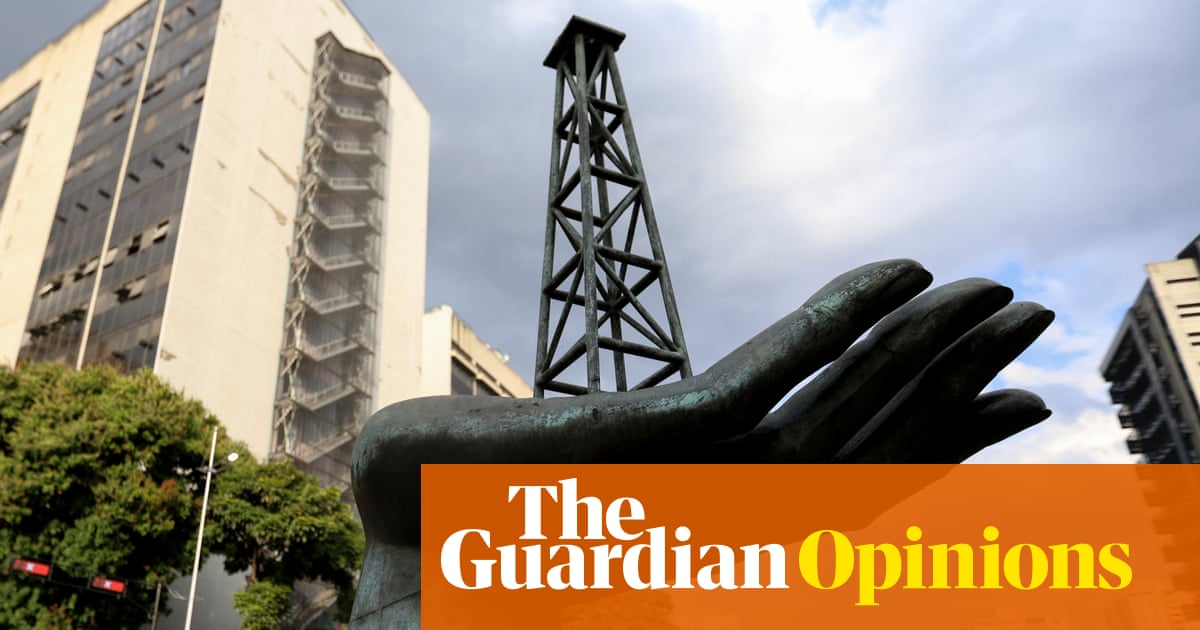
"As US warships fire missiles at vessels they claim carry narco-terrorists, the Caribbean faces the prospect of being sacrificed in someone else's theatre of war. The consequences could be catastrophic for livelihoods and fragile regional stability. Unless diplomacy and regional solidarity prevail, we could be destabilised in ways we are ill-equipped to endure. After decades of indifference to Caribbean pleas for fair trade, reparations and climate justice, we are asked to believe US destroyers lurk offshore to protect us"
"Geography makes the accusation plausible. For decades, cocaine from Colombia has moved through Venezuela, Guyana, Suriname and across the archipelago to Miami, New York, Madrid and London. But the narrative is dishonest. The true driver is demand. The US insatiable appetite for cocaine and opiates created the billion-dollar trade routes that snake through Trinidad, Jamaica, the Bahamas and Guyana. Rather than own its addiction, the US projects blame outward, painting the Caribbean as narco-territory while denying the role of its own citizens as consumers, financiers, and enablers."
Caribbean islands have repeatedly been used as frontlines for external conflicts, from Cold War proxies to the wars on drugs and terror. Recent US naval strikes and unilateral access decisions risk entangling the region in foreign military actions without regional consent. Such operations threaten livelihoods, destabilise fragile governance, and deepen security vulnerabilities. The dominant US narrative frames the Caribbean as a narcotics trans-shipment hub, but the primary driver of trafficking is external demand. US consumer, financial, and policy roles enabled the trade. Regional diplomacy and solidarity are presented as necessary to prevent further destabilisation.
Read at www.theguardian.com
Unable to calculate read time
Collection
[
|
...
]